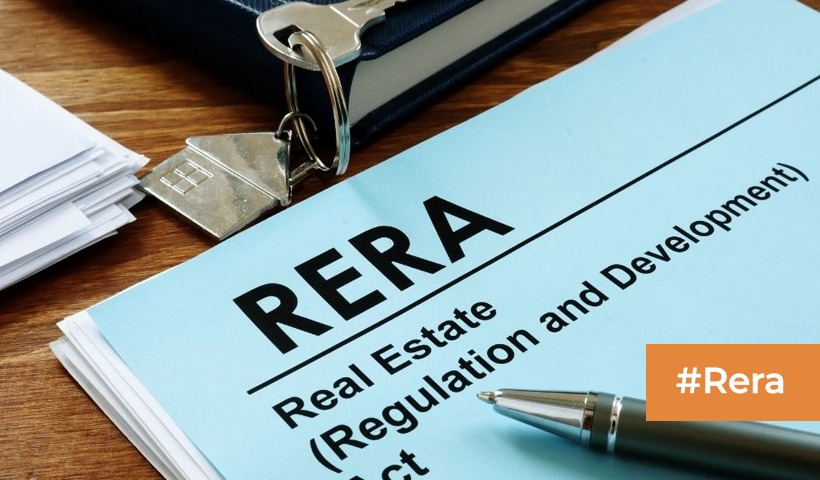Strategies to Improve Your Credit Score Before Buying a Home
Embarking on the journey to buy a home in India is an exciting endeavor, but it comes with its set of challenges, particularly when it comes to securing a favorable home loan. A crucial factor that significantly influences loan eligibility and interest rates is the credit score. In this article, we will explore effective strategies tailored for Indian readers on how to improve their credit score before buying a home, ensuring a smoother path to homeownership.
Understanding the Importance of a Credit Score:
In the Indian financial landscape, a credit score is a numerical representation of an individual’s creditworthiness. Ranging from 300 to 900, a higher credit score indicates a lower credit risk. When it comes to buying a home, lenders rely heavily on credit scores to assess the borrower’s financial responsibility and ability to repay the loan.
- Check and Understand Your Credit Report:
Before diving into credit improvement strategies, it’s essential to check your credit report. In India, credit reports are maintained by credit bureaus such as CIBIL, Experian, Equifax, and CRIF High Mark. Obtain a copy of your credit report and carefully review it for inaccuracies, discrepancies, or any outstanding debts.
If you spot errors, promptly dispute them with the respective credit bureau. Ensuring the accuracy of your credit report is the first step towards building a solid foundation for your credit score improvement journey.
- Clear Outstanding Debts:
Outstanding debts can significantly impact your credit score. Before venturing into homeownership, focus on clearing high-interest debts, such as credit card balances and personal loans. Prioritize debts with higher interest rates and work towards paying them off systematically.
Consider creating a debt repayment plan that allocates a portion of your income towards settling outstanding balances. Timely payments not only reduce your debt burden but also contribute positively to your credit history.
- Timely Payments:
Consistent and timely payments play a pivotal role in credit score improvement. Whether it’s credit card bills, loan EMIs, or utility payments, ensure that all your financial commitments are met on time. Late payments not only attract penalties but also negatively impact your credit score.
Set up reminders or automated payments to avoid missing due dates. Timely payments demonstrate financial discipline and responsibility, gradually boosting your creditworthiness.
- Diversify Your Credit Mix:
Having a healthy mix of credit types can positively influence your credit score. While it’s not advisable to take on unnecessary debt, having a combination of secured and unsecured credit, such as credit cards and installment loans, can demonstrate your ability to manage different types of credit responsibly.
If you primarily have credit cards, consider diversifying by adding an installment loan, such as a personal loan or car loan, to your credit portfolio. Ensure that you can comfortably manage the additional credit without straining your finances.
- Avoid Opening Multiple Credit Accounts Simultaneously:
Each time you apply for credit, a “hard inquiry” is generated on your credit report. Multiple hard inquiries within a short period can be viewed negatively by lenders, as it may indicate financial stress or a high reliance on credit.
Avoid opening multiple credit accounts simultaneously, especially when you are planning to buy a home. Plan your credit applications strategically and only apply for new credit when necessary.
- Keep Credit Utilization in Check:
Credit utilization is the ratio of your credit card balances to your credit limit. A high credit utilization ratio can have a detrimental effect on your credit score. Aim to keep your credit card balances well below the credit limit, ideally below 30%.
Regularly monitor your credit card usage and make efforts to pay off balances in full. If possible, consider increasing your credit limit, as long as it doesn’t tempt you to overspend.
- Build a Long Credit History:
The length of your credit history is an essential factor in determining your credit score. While it’s not something you can change overnight, it underscores the importance of maintaining a consistent and positive credit history over time.
If you don’t have a lengthy credit history, focus on making timely payments and demonstrating responsible credit behavior. Avoid closing old credit accounts, as they contribute to the overall length of your credit history.
- Seek Professional Advice:
If improving your credit score seems overwhelming, consider seeking professional advice. Credit counseling agencies in India can provide personalized guidance on credit management, debt repayment, and credit score improvement. These professionals can help you navigate the complexities of credit enhancement and create a tailored plan based on your financial situation.
As you set your sights on homeownership in India, prioritizing the improvement of your credit score is a strategic move. A healthy credit score not only increases your chances of securing a favorable home loan but also opens doors to better interest rates and loan terms. By diligently following these strategies, you can pave the way for a stronger financial foundation and turn your dream of owning a home into a reality. Remember, the journey to homeownership begins with responsible financial habits and a commitment to building and maintaining a positive credit profile.




